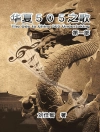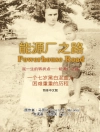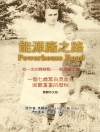This powerful and unflinching memoir by young mother and fugitive slave, Harriet Ann Jacobs (1813 -1897), remains among the few remaining slave narratives written by a woman. The book was published in 1861 after Jacobs’ harrowing escape from a wicked and predatory master, under the pseudonym Linda Brent since having her true identity revealed would have jeopardized her freedom under the Fugitive Slave Law of 1850. Jacobs describes her life as a young slave in North Carolina as relatively idyllic until her mother’s death when her mistress bequeathed her to a relative. She soon discovers the horror of her position and writes candidly of the struggles, sexual abuse, and fight for survival that female slaves faced on plantations, as well as the hypocrisy of the master-slave relationship. She recounts women’s efforts to practice motherhood and protect their children who might be sold away at any time. The book documents her life of servitude, her attempts to escape, and how she finally gained freedom to be reunited with her children in the North where she became an abolitionist speaker and reformer. This remarkable odyssey of her struggle for self-preservation and freedom was a passionate appeal to white Northern women as she sought to expand their knowledge and influence their thoughts about slavery as an institution. While overshadowed by the breakout of the Civil War, it has since been touted as one of the first important slave narratives written from the female perspective.
عن المؤلف
Harriet Jacobs (1813 –1897) was an African-American writer. Born into slslavery in Edenton, North Carolina, she was sexually harassed by her master. When he threatened to sell her children, she hid in a tiny crawlspace under the roof of her grandmother’s house, where she wasn’t even able to stand. After staying there for seven years, she finally managed to escape to New York, where she was reunited with her children.












